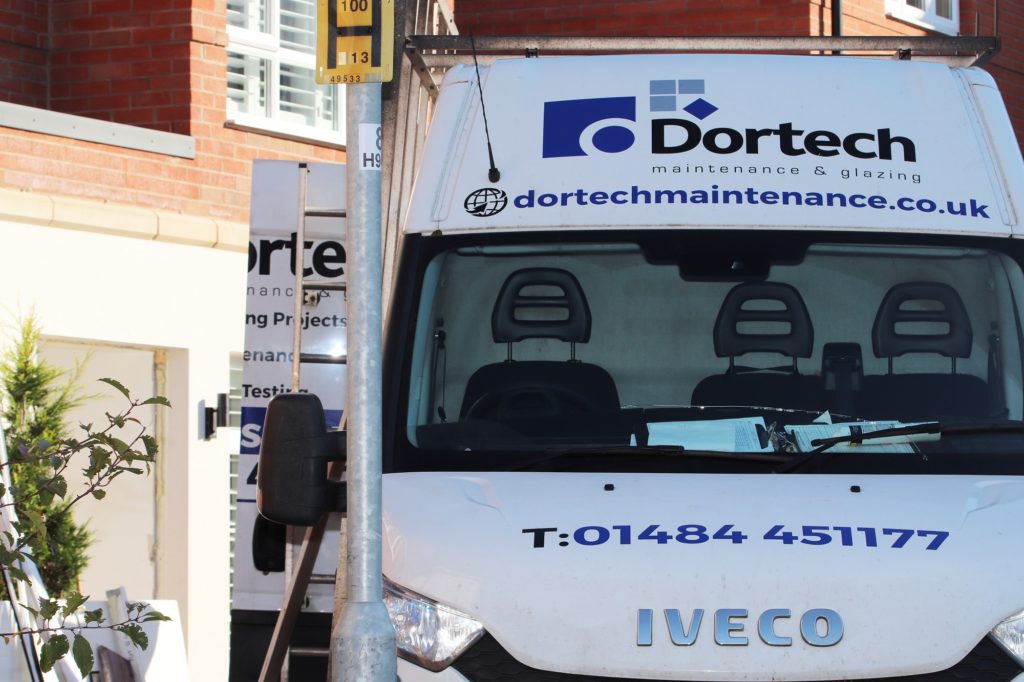
Maintenance, in all its forms, is a crucial part of facilities managers’ roles – in the simplest sense, it centres around the efficiency, safety and functionality of a company’s building, services and equipment. It’s no secret that window and door maintenance is a priority that often features on the facilities management (FM) agenda, but why will it be higher on the list than ever before in 2020?
Our MD, James Sutherland, recently explored this in more depth with Clearview Magazine.
The era of the specialist
It’s true that facilities managers are no strangers to frequently servicing their capital equipment to maximise efficiencies and the operational lifespan of their machinery. However, during the last 12 months, shrewd FMs have been increasingly recognising that their glazing is actually an asset that also requires a planned maintenance strategy to minimise disruption and maintain security throughout.
However, while 2019 has been a key year for catalysing this change in mindset, there’s still a long way to go. The glazing maintenance industry has witnessed a large number of issues, such as installations of incorrect glass specifications – stemming from cost-cutting procurement strategies. This is where a more specialist, and less generalist, approach prevails.
Challenges facing the FM industry in 2020
There’s no doubt it’s been a turbulent year for the country’s economy, and this has put the FM sector in a very difficult position – especially where budgeting and contingency planning is concerned. In 2020, it will be all about shifting from a reactive to a preventative mindset.
With uncertainty still very much in flux surrounding Brexit and economic stability, it’s likely that FM budgets will continue to be impacted – with less money allocated for upkeep projects – business models will have to be adjusted to align with this reduction in funds. Yet, while being more cautious with corporate expenditure isn’t a bad thing, sometimes this can lead to greater issues when it comes to making decisions around building upkeep – commercial glazing maintenance being a prime example.
For instance, it’s probably because they rarely fail, that the importance of commercial windows and doors maintenance has so often been overlooked – and this will go on to challenge industry professionals next year. In truth, because windows and doors are usually regarded as a day-to-day, functional element of a building – their importance is often underappreciated. It’s only when they fail to work correctly that they receive the attention they need.

However, there’s irony in not prioritising glazing maintenance, because this has the potential to actually cause more pricey replacement issues – which could have been avoided if a planned preventative maintenance (PPM) strategy had been in place. In essence, with a reduction in budgets and more consideration given to the cost-effectiveness and ROI of departmental spending, more facilities professionals will be faced with the choice of continually optimising the lifecycle of their existing installations, or footing the higher bill of a full replacement job at a later date.
In addition, 2019 has seen an increasing number of organisations introduce initiatives to enhance energy efficiency – with the aim to make their sites more future-proofed and sustainable. This is a trend which will undoubtedly continue throughout 2020, as more companies implement measures to improve their green credentials.
One easy way to ensure an efficient energy footprint and healthier bottom line – in terms of heating bills – is regularly maintaining windows and doors. For example, if the seals are broken, or moisture is appearing between windowpanes, it’s a sign that valuable warmth is being lost. So, if it’s not on the radar already this year, this is a key area which facilities managers should look to consider in 2020.
Repair versus replace
The old adage ‘prevention is cheaper than the cure’ really does ring true when it comes to commercial glazing, and while there have been lots of discussions in the industry as to the real importance of PPM strategies, it’s encouraging to see more firms adopting this stance.
Where possible – and, of course, safe – restoration should always be recommended over renewal. That’s because taking care of windows and doors – keeping them clean and checking their functionality – can ward off any nasty, and financially-damaging, surprises. It can also prevent any unnecessary downtime for a company too.
While this is not a new concept for the FM industry, given businesses’ benefit-cost ratios being increasingly under more under the scrutiny, it’s more important to take note of than ever.
As a result, it’s looking like 2020 will be the year that repair truly overtakes replacement, as more industry experts recognise that PPM presents both a long-term economic benefit as well as a priceless tool of reassurance that a building is safe, and corners haven’t been cut.
